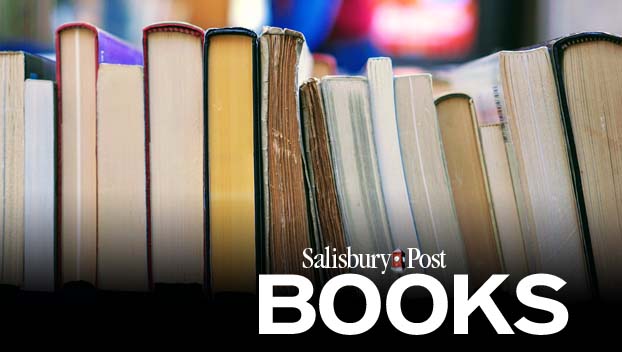Library Notes: RPL offers “Watershed Moments”
Published 12:00 am Sunday, January 10, 2021
By P.L. Stiles
Rowan Public Library
If there is one thing 2020 served to enlighten us about, it is how interconnected everything is. One source of collective misery remains environmental changes occurring all around. Hurricanes, fires and catastrophic flooding have taken their toll on North Carolina in just the past few years. The enormity of such changes produces feelings of existential angst, helplessness and sometimes despair. The very real consequences of these environmental changes include economic destruction, health threats such as viruses, displacement of people and sometimes even land. In light of the environmental challenges facing North Carolina, the North Carolina Humanities Council initiated a free statewide virtual adult book club to provide a space to open the conversation up. The “Watershed Moments” program offers two books to read and discuss — “Dry” by Neal Shusterman and “The Water Knife” by Paolo Bacigalupi. Rowan Public Library has extra copies of “The Water Knife” to loan for anyone wishing to participate in the “Watershed Moments” book club virtual events.
NPR describes “The Water Knife” as “Think ‘Chinatown’ meets ‘Mad Max,’ ” referring to two gritty apocalyptic action movies with post environmental catastrophe at their center. “The Water Knife” takes a mesmerizing journey to a near future Phoenix where water is slowly ceasing to flow and the fight for water by states and corporate interests is conducted with high-tech Teslas, espionage and military weaponry. Gritty and hallucinogenic fiction, “The Water Knife” conjures for the reader unimaginable consequences of those who know of the climatic changes but do nothing to prepare or change course.
While North Carolina suffers a different environmental challenge, that of too much water, the effects have been felt quite severely. The “Watershed Moments” discussions include talking with those who study these events and can offer insight into how these events come about and what it means for the landscape. In a previous discussion, scientists talked about how they define levels of drought, and what each level means for the landscape. Discussion of the book imagines what such an event does to people when these events occur on an unprecedented scale. One of the points Bacigalupi makes in “The Water Knife” is the need for a vocabulary to describe and understand what is happening. “If we can’t describe our reality accurately, we can’t see it,” says character Catherine Case. “Watershed Moments” offers the opportunity to learn and share how environmental changes in North Carolina are affecting our communities, our lives, and find ways to help mitigate and cope with the changes. Join in to talk to scientists who study weather and climate events, journalists who cover their impacts, writers who imaginatively explore cultural outcomes, and other North Carolinians who have experienced or witnessed catastrophes. Together, these discussions can help build a new way to talk about the challenges North Carolina faces. The program ends in April with a talk with the authors, including Bacigalupi.
To learn more about “Watershed Moments,” go to nchumanities.org/content/watershed-moments . For those who wish to participate in “Watershed Moments,” contact 704-216-8259 to borrow a copy of “The Water Knife.”
Paulette Stiles is librarian at the Rowan Public Library South Branch.





